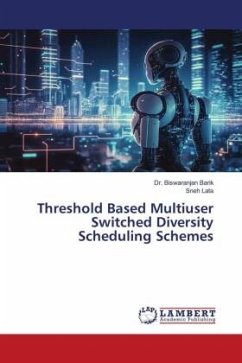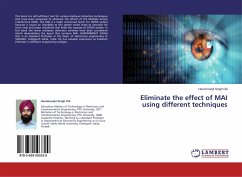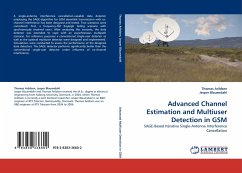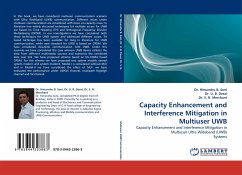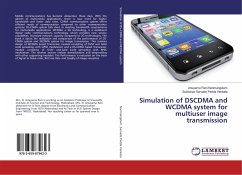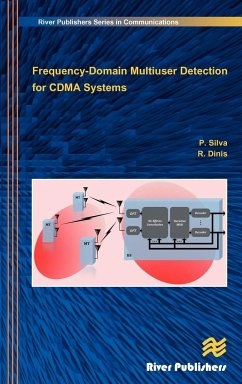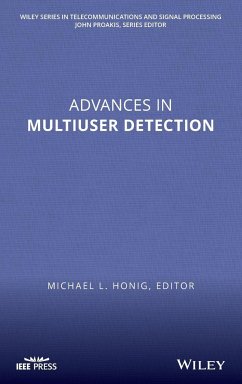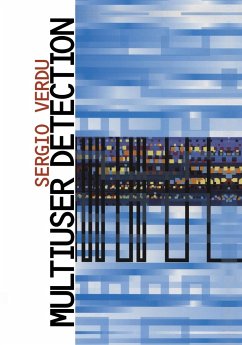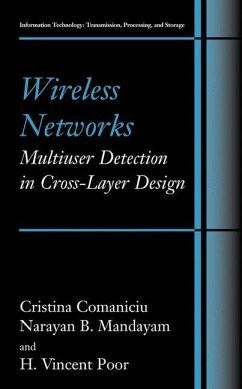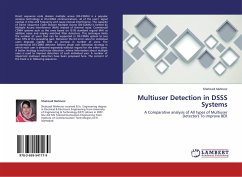
Multiuser Detection in DSSS Systems
A Comparative analysis of All types of Multiuser Detectors To improve BER
Versandkostenfrei!
Versandfertig in 6-10 Tagen
27,99 €
inkl. MwSt.

PAYBACK Punkte
14 °P sammeln!
Direct sequence code division multiple access (DS-CDMA) is a popular wireless technology in DS-CDMA communications, all of the users' signal overlap in time and frequency and cause mutual interference. The capacity of Direct Sequence Code Division Multiple Access (DS-CDMA) is limited by Multiple Access Interference (MAI) instead of thermal noise. Commercial CDMA systems such as the ones based on IS-95 standard regard MAI as additive noise and employ matched filter detectors. This technique limits the number of users that can be supported in DS-CDMA system to less than 10% of the spreading gain...
Direct sequence code division multiple access (DS-CDMA) is a popular wireless technology in DS-CDMA communications, all of the users' signal overlap in time and frequency and cause mutual interference. The capacity of Direct Sequence Code Division Multiple Access (DS-CDMA) is limited by Multiple Access Interference (MAI) instead of thermal noise. Commercial CDMA systems such as the ones based on IS-95 standard regard MAI as additive noise and employ matched filter detectors. This technique limits the number of users that can be supported in DS-CDMA system to less than 10% of the spreading gain. Moreover the bit error rates for individual users degrade rapidly with an increase in number of users. The conventional DS-CDMA detector follows single user detection strategy in which each user is detected separately without regard for the other users. A better strategy is multi-user detection, where information about multiple users is used to improve detection of each individual user. A number of important multiuser detectors have been proposed here. The content of the book is in following sequence.



